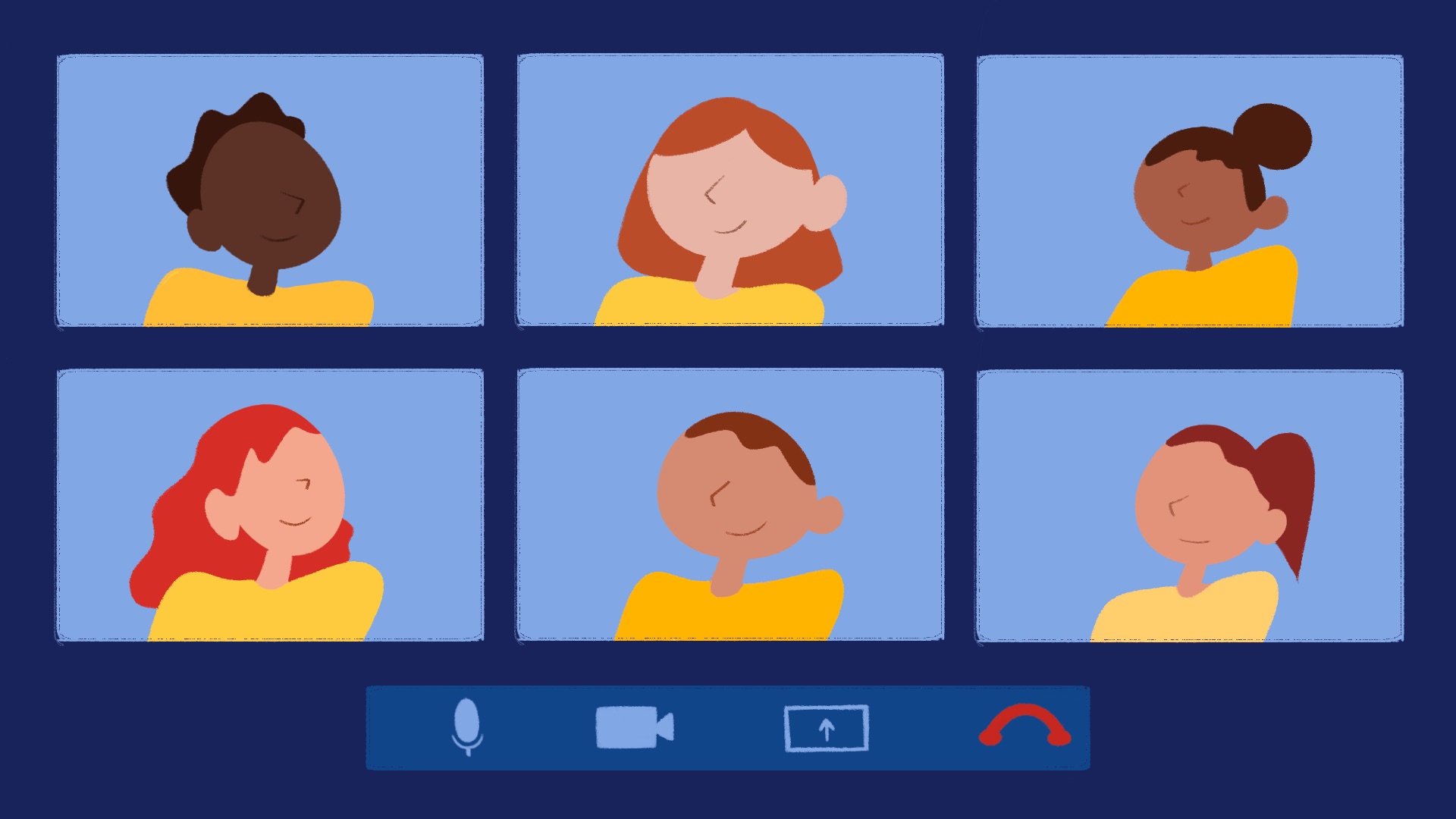I love this time of year. And it’s not just the family gatherings, Christmas music, sledding, egg nog, and presents. It’s a time to look back at all we’ve been able to accomplish during the past year, and look ahead at what’s to come.
Looking Back at 2013
During the course of 2013, Demo Duck had the chance to create over 100 videos for some amazing clients, including Netflix, Blue Cross Blue Shield, Vonage, Lowe’s, and plenty more. We did 2D and 3D animation, live action, stop motion, and even a little slow motion, collaborating with some incredibly talented creatives from all over the world.
In April, we had the opportunity to visit some of those creatives during our company trip to Buenos Aires, Argentina. Needless to say we had an amazing time! Argentina is filled with colorful history, mouth watering food, a vibrant culture, and kind, creative people.
Getting to meet some of the designers and animators we’ve been working with for the past 2-3 years was an incredibly rewarding experience. Email and Skype are great tools, and allow us to work the way we do today, but there’s no replacement for a little good ol’ fashioned face time.
This past year we also welcomed two new ducklings to the family, Theresa and Lindsay. Not long after Lindsay came on board, we decided we needed a little more space and moved our office from Oak Park to Chicago. We’re now settled in the west loop surrounded by other creative and tech companies, and some wonderful restaurants.
Looking Ahead to 2014
So what’s next for video in 2014? For starters, I think we’ll see more companies invest time and money into online video. With the effectiveness of TV ads dwindling, the rise of distribution channels like YouTube, and the powerful tools now available for measuring video performance, it just makes sense.
And companies won’t just produce a one off explainer video. They’ll invest in a developing a complete video strategy – using online video to showcase products and services, share customer testimonials, provide useful, educational content, replace FAQs and help desks, and bring a little fun and personality to an otherwise impersonal medium, the Internet. Maybe you already do a blog post each week. Why not a weekly video post too?
What’s more, I think we’ll begin to see companies take increasing interest in video ROI. Instead of creating video because it’s fun and “everyone is doing it”, management will demand measurable results. That’s where video analytics, split testing, and market research come in. Each video produced will have a measurable goal, a defined distribution strategy, and a clear cut method for tracking viewer behavior and return on investment.
Personally, I can see market research and focus groups playing a stronger role during the concept and scripting phase of the video production process. Truly understanding what your target audience wants to see and hear, and what they believe is most important about your business, is critical to producing a successful video.
Go Forth and Make Videos
It’s an exciting time to be creating video online. Companies are finding more creative and effective ways to use it every single day. If you’re not using online video yet, it’s not too late to start. If you are, keep it up, and figure out ways to do even more in the New Year. Now it’s time to get back to the festivities before we hit the ground running in 2014.
Happy New Year!

It’s also good to remember to stretch between calls. It can be easy to get into the After Effects zone and end up sitting for hours on end while working on a project. Taking a stretch break not only works as a physical reset but a mental one too. Oh, and consider a warm-up game before a meeting or brainstorm to alleviate tension and get people in a creative state— it’s a common practice at Demo Duck.
Communicate, Communicate, Communicate!
Without the in-person office, communicating virtually is even more crucial. Since projects take a team of people to complete, communication is vital in the creative workforce. Even when working from home, it’s good to proactively reach out to fellow employees to check in— and not wait for someone else to set up a meeting or send you a DM. Sharing feedback and asking for a critique are common ways to reach out with purpose but keep things small. Both methods also help you stand out as someone who strives to learn and grow through your desire to start a conversation.
At Demo Duck, we use Slack as our go-to for team communication. The use of separate channels allows for teams to collaborate independently on the various corporate video productions that they’re most directly involved with. Meanwhile, company channels help keep everyone in contact and provide a way to share new ideas and bits of inspiration. Most times we keep things more professional and on-topic in those project channels, while we leverage DMs and company channels for more ad hoc, fun, and random small talk.
But no matter what messaging software you use or even if email is company standard, reaching out can make a big difference and set you up for success early on. Consider even talking to your co-workers about what channels of communication they prefer. How do they like feedback? What times of the day do they like to just put their head down and get work done? Taking the time to understand your new co-workers’ communication styles, especially while working remotely, helps make things flow that much smoother.
It’s Not Just About Work
As a remote worker, it can be easy to forget that talking to coworkers, doesn’t have to be all work talk all the time. With scheduled Zoom calls, it can feel like you only talk to others when it’s important. But if time allows, maybe share a fun story about another project you’re working on or something you learned recently. Often at the start of our calls, we will briefly talk about our day or just chat casually before the meeting officially starts. Basically, we’re building rapport with each other, an old sales technique, because of those spontaneous interactions in the office, where this used to happen, aren’t occurring anymore. It works as a powerful way to bond with your coworkers, leading to smoother conversations and a better understanding of how your colleagues think. This in turn allows for the creative process to run effortlessly.

Here at Demo Duck, we share ‘Weekend Highlights’ at the start of Monday meetings. It’s a fun way to start a call and share one exciting or interesting thing that happened over your weekend. We also share any ‘Media Highlights’ we have, which is usually an excuse to plug any show or movie we’ve seen recently. Having things like this start the week keeps the company atmosphere positive and keeps everyone close. Plus it’s better than talking about the weather…though anything is.
When I first joined Demo Duck, my team members set up personal meetings to introduce themselves and get to know me, which instantly made me feel more comfortable early on. Of course, depending on the company, this may or may not be standard. If not though, I would urge you to find time to video call the people you will be working closely with or perhaps suggest this to the person who offers you the position. Even if most of your interactions are through messages and emails, having a face and voice to associate can help immensely.
Remote Control
Demo Duck, and many creative companies like it, have more remote employees than ever before. And that’s not a bad thing. Remote work opens the door to a wide array of jobs you might not have been able to take if it was in person. Now you can build your career without necessarily having to commit to a move. But it can still be helpful to remember some of the ways a creative job might be affected by the remote setup. Just focus on the ways that work for you so that you start your new job confidently.
There are also small things you can do as an individual to help keep the flow of a meeting going. If you find yourself staring at your stiff reflection through the webcam, consider disabling your video so you can no longer see yourself. Most of us aren’t movie stars, so watching ourselves on video calls can be exhausting and awkward. With your video box not visible to you, even if only for a few minutes, most people can relax a great deal.